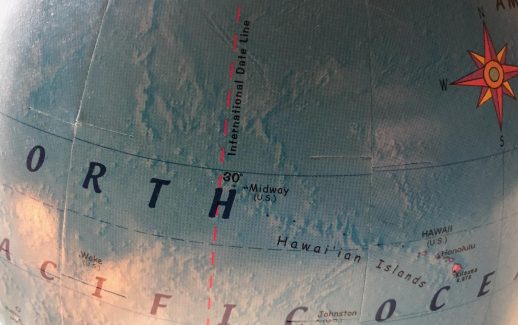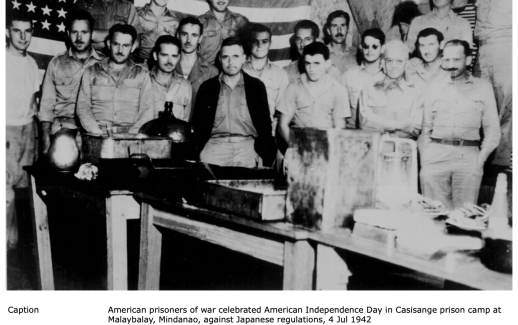Tehran’s and Moscow’s Violations of the Convention on the Legal Status of the Caspian Sea
Setup:
Article 2(2) of the Convention on the Legal Status of the Caspian Sea holds that “This Convention shall define and regulate the rights and obligations of the Parties in respect of the use of the Caspian Sea, including its waters, seabed, subsoil, natural resources and the airspace over the Sea.”
Article 3(2) holds that “The Parties shall carry out their activities in the Caspian Sea in accordance with the following principles:(..) (2) Using the Caspian Sea for peaceful purposes, making it a zone of peace, good neighborliness, friendship, and cooperation, and solving all issues related to the Caspian Sea through peaceful means;
and Article 3(4) and (5): “(4) Ensuring a stable balance of armaments of the Parties in the Caspian Sea, developing military capabilities within the limits of reasonable sufficiency with due regard to the interests of all the Parties and without prejudice to the security of each other; (5) Compliance with the agreed confidence-building measures in the military field in the spirit of predictability and transparency in line with general efforts to strengthen regional security and stability, including in accordance with international treaties concluded among all the Parties;”
Argument:
The Russian Federation and Republic of Iran are using both the surface, subsurface, and airspace over the Caspian Sea for non-peaceful purposes of supporting the prosecution of Russia’s war of aggression against Ukraine. As for the surface of the Caspian Sea, Russia and Iran are using all bands of Party sovereignty across it to support an illegal, destabilizing war on Ukraine. Russia and Iran have also introduced an imbalance of their respective armaments in and over the Caspian Sea outside the “reasonable sufficiency” for regional peace and security.
The aforementioned armament imbalance and trafficking of weapons in favor of the Russian Federation’s war of aggression against Ukraine, and the illegal war sponsorship of the Republic of Iran over and across other Caspian Convention parties’ Caspian zones violates Article 3(5) by failing to comply with the condition that “predictable and transparent” armaments and military activity in the Caspian will support “general efforts to strengthen regional security and stability including in accordance with international treaties concluded among all the Parties..” to-wit: the Geneva Conventions and the International Convention for the Suppression of Terrorist Bombing represent international treaties, among others violated and likely violated by Russia and Iran in their joint venture prosecuting and sponsoring the illegal, regionally destabilizing war of aggression against Ukraine. The use of the Caspian supports an illegal aggression causing refugee flows, civilian targeting, human trafficking, torture, indiscriminate bombardment, and: (1) Russia’s terroristic rigging for explosion of the Zaporizhzhia Nuclear Power Station (to the direct threat of fallout over the Caspian parties) and (2) the devastating demolition of the Kakhovka Dam (disrupting vital food supplies to the region and international regions of need).
Caspian Convention parties’ obligations are to support regional and international treaty based stability, rationality, and security. The above-described and related conduct of the Russian Federation and Republic of Iran reduces the legitimacy of the Caspian Convention such that its mutual obligations have been broken already.
Remedies
Adverse risk to Caspian Convention parties could support their prohibition of surface shipments of armaments from Iran to Russia across their respective Caspian waters and airspaces as such trafficking irrationally supports Russia’s destabilizing, illegal aggression against Ukraine and the risk to all Caspian parties that that illegal aggression with terrorist actions represents.
Caspian Convention parties adversely affected could also seek international technological and security support for the suppression of terrorist sponsorship and non-peaceful activities in their respective waters sponsored by Russia and Iran. This would include all littoral parties to the Convention seeking to protect their sovereignty by showing legally supportable resistance to imbalanced, illegal military behaviors by two member states.
Chinese, Syrian, North Korean, and terror group activities within the Caspian region that support Russia’s war of aggression against Ukraine could also be considered a violation of outside partisans destabilizing the regional security of members to the Caspian Convention.

